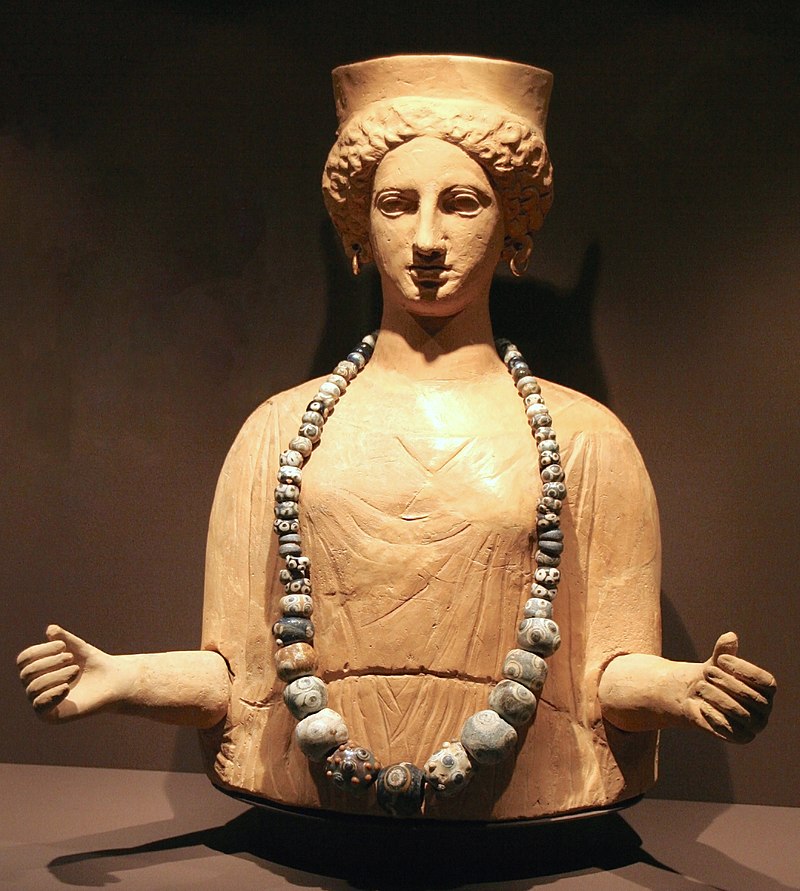Well, it's a neglected topic at least according to the various authors of book chapters in Johnathan Prag and Josephine Quinn's The Hellenistic West: Rethinking the Ancient Mediterranean (2013, Cambridge University Press). They do have a point, though. From what I can tell, it is almost always Greece (+ Thrace, i.e. modern Bulgaria and European portion of Turkey), Egypt, West Asia and the Eastern Mediterranean that are exclusively invoked or discussed in regards to the Hellenistic period. The Western Mediterranean, in contrast, is almost always discussed in regards to Rome's gradual projection of power and influence, especially over territories formerly under Carthaginian influence, suzerainty or direct control. That includes modern academic discourse about ancient Sicily, Italy, Sardinia, Corsica, northwest Africa (i.e. west of Cyrenaica), the Balearic Islands, southern Gaul (i.e. French Mediterranean coastal regions), and eastern Iberia (i.e. Spanish Mediterranean coastal regions).
It seems as though the Hellenistic period in the Western Mediterranean is considered under very specialized circumstances, such as discussion about Pyrrhus' invasion of Sicily and southern Italy, or the exploratory missions of Pytheas as far as the British Isles, from his city-state of Massalia (modern Marseille, France). Looking around Google Books, Prag and Quinn's publication seems to be the only one there with an exclusive focus on the Western Mediterranean and its inclusion in the greater Hellenistic world following the death of Alexander in 323 BC. What do you guys think? Have you seen the same trends in academia, public education and discourse alleged by the authors of Prag and Quinn's book? What could be the potential reasons for this? The fact that the greatest cultural and intellectual centers of the Hellenistic world were located in mainland Greece, the Aegean, the Levant and Egypt? The political irrelevance of much of the Western Mediterranean for mainstream Greek historiography focused on Athens, Sparta, the Achaean League, and the monarchic Hellenistic kingdoms? At any rate, as the authors reveal, the Western Mediterranean was by no means divorced from the eastern half during the Hellenistic period, as attested by shared artistic trends, monetary policy, material culture, leisure activities and athletic games, technology, military equipment, philosophical and literary pursuits, etc.
EDIT: Just for fun, here's a map of Phoenician (red) and Greek (blue) colonies around the year 550 BC, from Wikimedia.















 Reply With Quote
Reply With Quote














